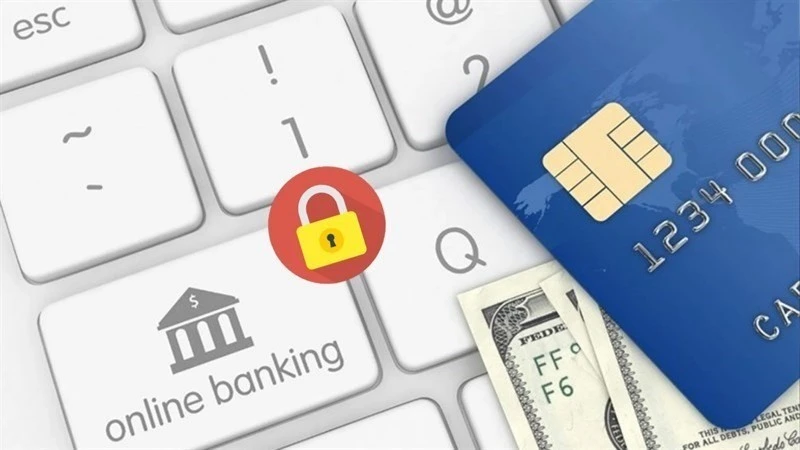According to MalwareBytes, the most common form is a fake message or email from Facebook, Meta or security services, with the content warning that the account is at risk of being locked. These messages often ask users to verify information or click on a link to "protect the account".
If done, the victim will be taken to a fake Facebook login page, where all personal information, passwords, and even two-factor authentication codes can be stolen. In some cases, the malware will even download itself, taking control of the device.
Users need to be vigilant against increasingly sophisticated scams.
MalwareBytes said that in the fake emails, every link - from the "Report User" and "Unsubscribe" buttons to the hidden email address at the bottom of the message - leads to a single purpose: opening an email program with pre-written content to trick users into sending personal information to the scammer.
Facebook recommends that users never click on any links or attachments in security alerts unless they are sure the source is official. Valid Facebook and Meta email addresses only include: fb.com, facebook.com, facebookmail.com, meta.com, metamail.com . If the email comes from an unfamiliar domain such as a shoe business, travel agency, or Gmail account, delete it immediately and do not respond.

Several features are available to help users enhance the security of their personal pages.
To protect your account, experts recommend enabling two-factor authentication, regularly checking for login activity, setting a strong password, and not sharing your login information. If you discover your account has been compromised, visit Facebook's official support page to restore control at: https://www.facebook.com/help.
Source: https://doanhnghiepvn.vn/cong-nghe/thu-doan-danh-cap-tai-khoan-facebook-tinh-vi-nguoi-dung-luu-y-tranh-lot-luoi/20250815045155401




![[Photo] President Luong Cuong attends special political-artistic television show "Golden Opportunity"](https://vstatic.vietnam.vn/vietnam/resource/IMAGE/2025/8/22/44ca13c28fa7476796f9aa3618ff74c4)


![[Photo] President Luong Cuong receives delegation of the Youth Committee of the Liberal Democratic Party of Japan](https://vstatic.vietnam.vn/vietnam/resource/IMAGE/2025/8/22/2632d7f5cf4f4a8e90ce5f5e1989194a)
![[Photo] Prime Minister Pham Minh Chinh chairs the conference to review the 2024-2025 school year and deploy tasks for the 2025-2026 school year.](https://vstatic.vietnam.vn/vietnam/resource/IMAGE/2025/8/22/2ca5ed79ce6a46a1ac7706a42cefafae)

































































































Comment (0)